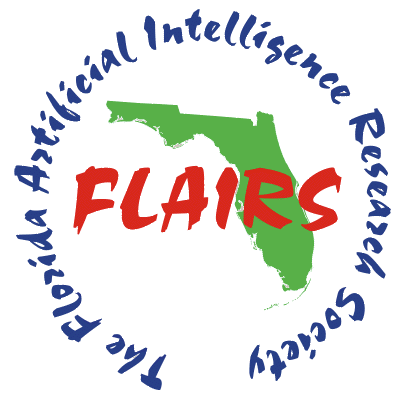Determining Legal Relevance with LLMs using Relevance Chain Prompting
DOI:
https://doi.org/10.32473/flairs.37.1.135477Keywords:
relevance-chain, legal relevance, probative value, legal evidence retrievalAbstract
In legal reasoning, part of determining whether evidence should be admissible in court requires assessing its relevance to the case, often formalized as its probative value---the degree to which its being true or false proves a fact in issue. However, determining probative value is an imprecise process and must often rely on consideration of arguments for and against the probative value of a fact. Can generative language models be of use in generating or assessing such arguments? In this work, we introduce relevance chain prompting, a new prompting method that enables large language models to reason about the relevance of evidence to a given fact and uses measures of chain strength. We explore different methods for scoring a relevance chain grounded in the idea of probative value. Additionally, we evaluate the outputs of large language models with ROSCOE metrics and compare the results to chain-of-thought prompting. We test the prompting methods on a dataset created from the Legal Evidence Retrieval dataset. After postprocessing with the ROSCOE metrics, our method outperforms chain-of-thought prompting.
Downloads
Published
How to Cite
Issue
Section
License
Copyright (c) 2024 Onur Bilgin, John Licato

This work is licensed under a Creative Commons Attribution-NonCommercial 4.0 International License.


